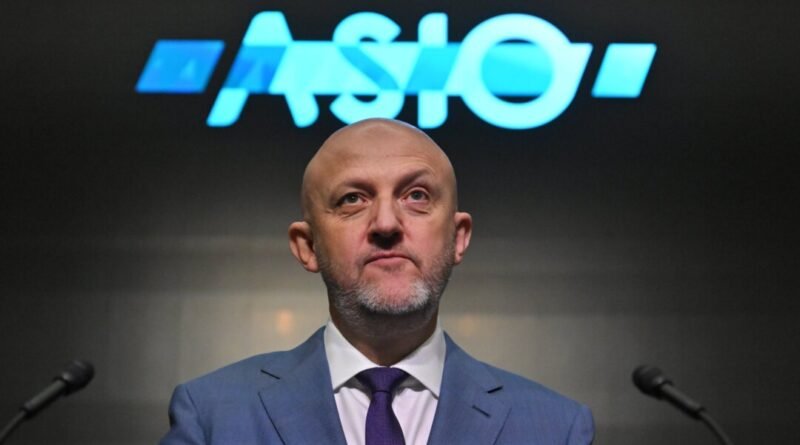National Security Trumps Trade Relations with China
Why have a National Security Committee if it doesn’t regularly consult with the heads of the main security agencies?
Commentary
The removal of the director-generals of Australia’s security agencies as permanent members of the National Security Committee (NSC) raises serious concerns.
The recent decision, made some time ago, raises doubts about the Albanese Labor government’s dedication to national security in Australia.
Instead of the top officials of key security agencies, the government has appointed the Climate Change Department Secretary David Fredericks as a new regular participant in the NSC.
The NSC is the primary standing committee of the Cabinet, empowered to make decisions regarding national defense and security without needing to consult the full Cabinet.
Therefore, it serves as the top decision-making body on security matters in the nation.
Historically, the heads of various agencies, including the Defence Forces and security bodies, have been regular participants in NSC meetings.
As a former member of the NSC, I can attest to the invaluable advice provided by the heads of security agencies. The decision to only invite them when deemed appropriate is misguided.
What is the purpose of an NSC that fails to consistently consult with the heads of Australia’s primary intelligence agencies?
Why was this decision made? No explanation has been offered.
When questioned by Senator James Paterson, Foreign Minister Penny Wong refused to comment on the NSC’s operations, stating it was inappropriate to ask about its composition.
Questions Regarding Motives
Reports suggest that the decision was recommended by Glyn Davis, the Secretary of the Department of Prime Minister and Cabinet and the top public servant in the country.
Professor Davis had close ties with China during his tenure as Vice Chancellor of the University of Melbourne, where a significant number of students are international, many from China.
Trade and commerce seem to have taken precedence over national security concerns.
The recent visit by the Chinese Foreign Minister focused on trade issues, with the Australian government prioritizing trade agreements and lifting restrictions on imports.
Prioritizing National Security
Despite the importance of trade, national security should always be the government’s top priority.
Recent warnings from ASIO about foreign espionage and interference highlight the need for regular advice from security agency heads.
The decision to remove key security officials from regular NSC attendance sends negative signals to other nations.
Given the CCP’s track record of interference in Australia, it is crucial not to become complacent about national security.
Views expressed in this article are opinions of the author and do not necessarily reflect the views of The Epoch Times.






